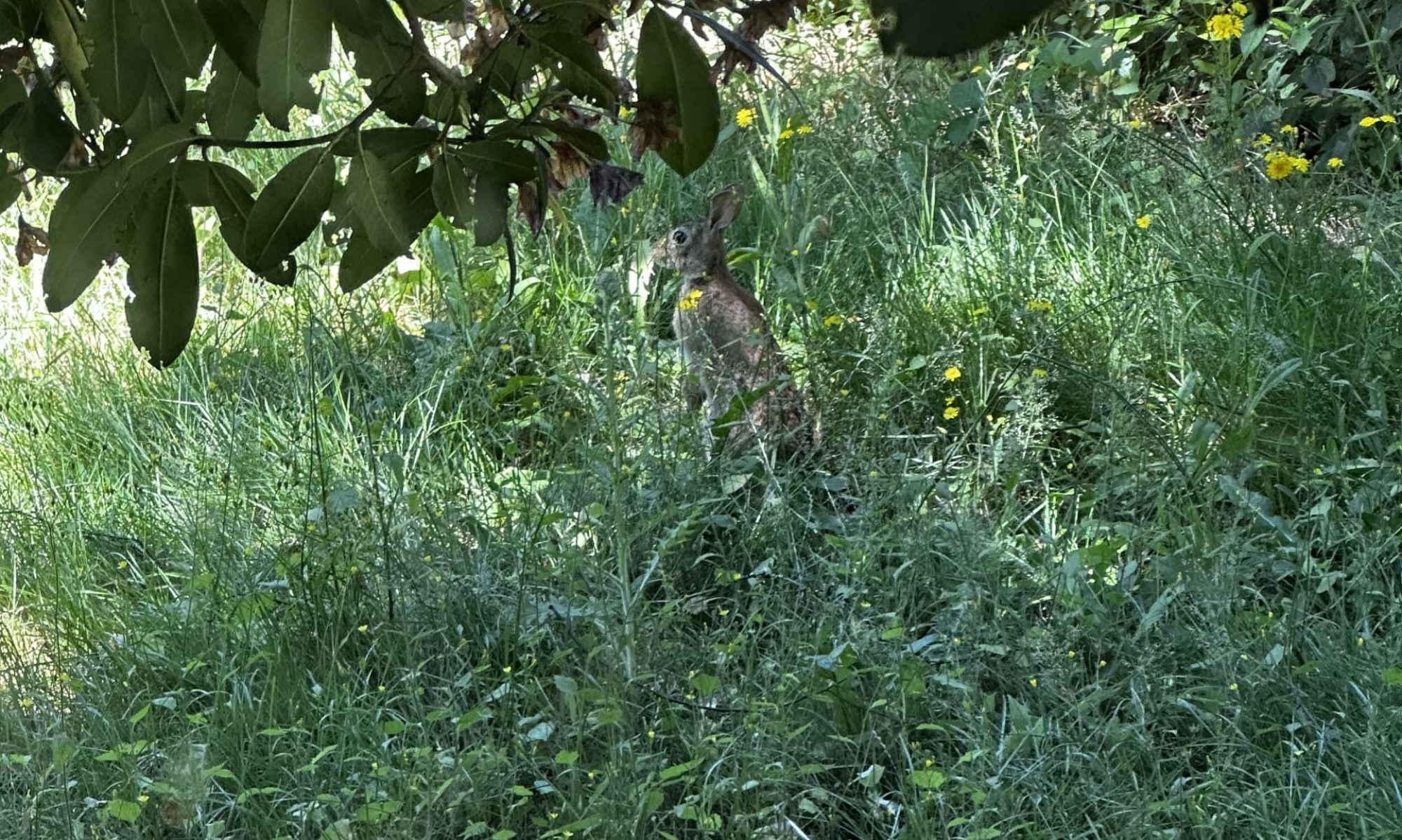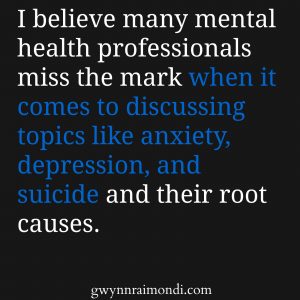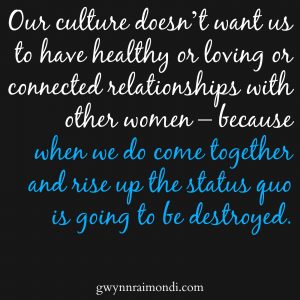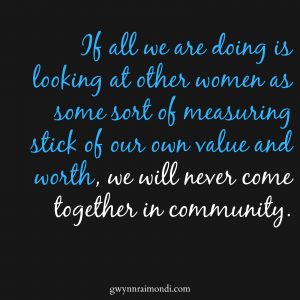The ORDINARY RESPONSE TO ATROCITIES is to banish them from consciousness. Certain violations of the social compact are too terrible to utter aloud: this is the meaning of the word unspeakable.
~Judith Lewis Herman, Trauma and Recovery: The Aftermath of Violence – From Domestic Abuse to Political Terror
There are wounds that never show on the body that are deeper and more hurtful than anything that bleeds.
~Laurell K. Hamilton, Mistral’s Kiss
As we move through the close of 2017, as we move from the ever growing darkness into the expanding light here in the northern hemisphere, I want to take some time to speak about trauma, how it lives within us, how it impacts us, and what all trauma truly is.
You may be thinking, what a depressing topic to talk about as we are supposed to be celebrating and jolly. My response to this is, that what better time to talk about our shadow parts, what better time to bring what is hidden within us into light, as we are celebrating new beginnings, awakenings, and births?
And so, let’s talk about trauma. Because it lives within all of us. Whether it be trauma from our own lived experiences, trauma from our ancestors, or trauma from our oppressive culture, we each carry trauma in our bodies and psyches and spirits. So today, let’s explore the different types of trauma that we each have within us to better understand what I mean when I say “we all have trauma” and so we can all better understand our own Self.
TYPES OF TRAUMA
Lived Experience Trauma. This is the trauma that lives within us as a result of the traumatic events we personally experienced in our lives. It can be chronic (multiple events, like ongoing childhood sexual abuse, physical abuse by a caregiver or later in life an intimate partner, neglect, living in poverty, etc) or acute (one time events like a surgery, car accident, a one time assault like a rape or mugging). This trauma is based in our own personal history and story. We may remember or not remember events, and either way they occurred during our lifetime.
Ancestral and Inter-generational Traumas. These are the traumas that are passed down to us from our family. Ancestral trauma, in my definition, is what is passed down through our bloodline – it appears in the epigenetic markers of our DNA and our cellular memory. Inter-generational trauma is passed down by our family too, however it is passed down through actions. The impacts of a trauma experienced by a mother for example would include how she was able to care for her children, and could impact attachment bonds. Additionally inter-generational trauma can also be passed down through language (we all have specific “trigger” words that either we don’t want to be associated with or we desperately do want to be associated with and our reactions to these words influence our own actions and thoughts; these words are often passed down through generations).
Cultural Relational Trauma. This is the trauma of living in a white-supremicist, misogynist, ablist, homophobic, capitalist, patriarchal culture. It is a trauma that lives in all of us, but to varying degrees. It is the trauma we need to explore when considering intersectionality and remembering that not all of us are having the same experience in our world.
All of us carry at least two of the three traumas in our own bodies and being : inter-generational and ancestral trauma and cultural trauma. Most of us also have our own lived experience traumas coursing through us too.
Having an understanding of these different types of trauma allows us to begin to understand what is impacting us, what our triggers are, how some of the ways we view world are from our own experiences and also much of how we view the world is from those who came before us.
As we are able to unravel and decipher our traumas, we are able to dismantle and process them out of our bodies and being. This is intense work and cannot be done alone in a vacuum. It is work that needs to be done in community, with some parts worked through in settings with only one other person and others in larger groups.
We are relational beings and trauma impacts our ability to relate with each other. As we learn more about trauma and our own trauma we can also begin to understand how others are also impacted and influenced by trauma.
I talk more about this in the 10-minute video below.
This essay is the first in a four-part series introducing the topics we will be exploring in my new six month program Trauma Focused Embodiment Level 1. We begin February 1. You can learn more here.
Additionally the main focus of my individual work is trauma and utilizing trauma informed embodiment with my clients. If you are looking for an individual therapist, you can learn more about me and my individual therapy work here.
And finally, I facilitate a free online group on Facebook where we explore trauma, grief, embodiment,and their intersections. It is called Trauma Informed Embodiment and you can join us right here.
Other Essays & Videos in this series ::
On Trauma :: Types of Trauma Living Within Us (this essay)
On Trauma :: The Physiological Impacts of Trauma
On Trauma :: The Psychological and Emotional Impacts of Trauma

 As I continued talking in my session, I realized how I believe many mental health professionals miss the mark when it comes to discussing topics like anxiety, depression, and suicide and their root causes. How they ignore the impacts living in this culture has on all of us. How the interconnections and intersections of our own lived experiences, our culture, and our ancestral history affect us. How living in a culture where women and girls are only seen as valuable when it comes to the male gaze. How sexual assault and harassment take their toll on our mental and physical health – DAILY – whether we have personally experienced either or now. How witnessing rape and or being raped impact us to the point of considering and for some attempting suicide (According to the National Center for PTSD, it’s estimated that one in three women who have been raped contemplate suicide, and one in 10 victims attempt it.) How culturally it is more important to us to protect rapists than the person who was raped. (Remember how Brock Turner received an incredibly lenient sentence because the (white male) judge didn’t want to impact Brock’s precious future?)
As I continued talking in my session, I realized how I believe many mental health professionals miss the mark when it comes to discussing topics like anxiety, depression, and suicide and their root causes. How they ignore the impacts living in this culture has on all of us. How the interconnections and intersections of our own lived experiences, our culture, and our ancestral history affect us. How living in a culture where women and girls are only seen as valuable when it comes to the male gaze. How sexual assault and harassment take their toll on our mental and physical health – DAILY – whether we have personally experienced either or now. How witnessing rape and or being raped impact us to the point of considering and for some attempting suicide (According to the National Center for PTSD, it’s estimated that one in three women who have been raped contemplate suicide, and one in 10 victims attempt it.) How culturally it is more important to us to protect rapists than the person who was raped. (Remember how Brock Turner received an incredibly lenient sentence because the (white male) judge didn’t want to impact Brock’s precious future?)
